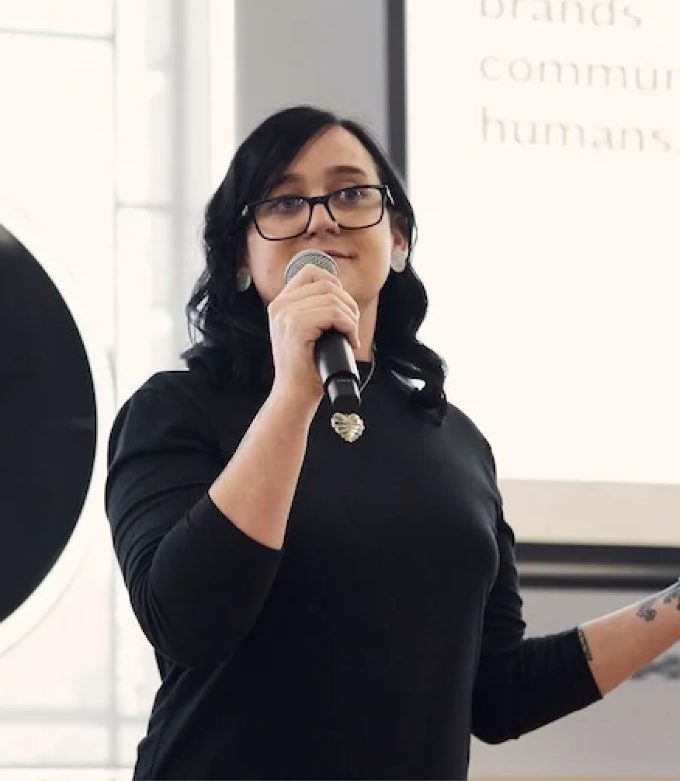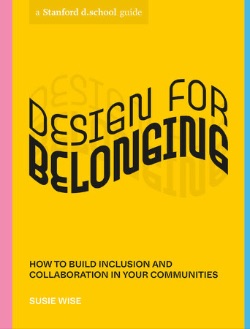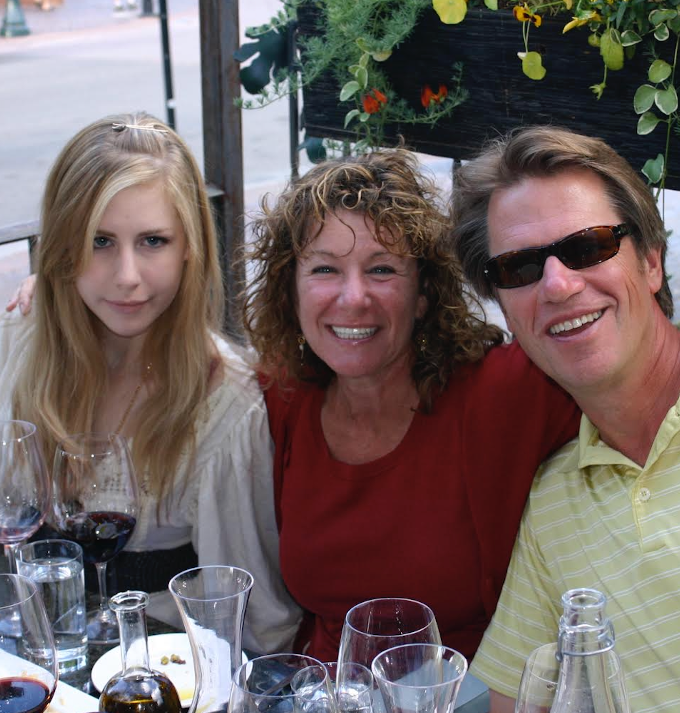June 27, 2025
Learning
"Goals are often surrogates for clarity. We set goals when we’re uncertain about what we really want."

Joan Westenberg is an award–winning creative director, writer, and founder working in philosophy and technology. She leads Signalvs, a tech communications agency, and Studio Self, a product positioning firm for companies at pivotal moments. Photo via startupdaily.
Joan Westenberg recently reflected on her experience of achieving goals. Yes, she had reached some—but so what? The achievements felt hollow.
She uses game theory to draw an important distinction. A goal is a win condition; constraints are the rules of the game. In games, the goal defines what it means to win (like reaching a score or completing a level), but it’s the constraints—the rules and boundaries—that shape how the game is played and what strategies are possible.
Importantly, not all games are worth playing. While goals can offer purpose, she suggests that real creativity and progress often come from choosing or designing the right constraints, rather than trying to win within someone else’s system. Constraints do not block creativity. They aim it.
Some of the most powerful progress happens, she says, when people stop trying to win at someone else’s game and instead create their own frameworks.
I appreciate her point that smart people build their lives and work around clear limits, which foster authenticity, adaptability, and lasting growth. For complex or ambiguous challenges, defining personal constraints works better than chasing arbitrary goals.
"The cult of goal-setting ... converts uncertainty into an illusion of progress. It demands specificity in exchange for comfort. And it replaces self-trust with the performance of future-planning. That makes it wildly appealing to organizations, executives, and knowledge workers who want to feel like they’re doing something without doing anything unpredictable. But the more interesting question is: who is not setting goals? And why?
"It turns out that many of the people doing genuinely innovative work avoid explicit goals entirely. They work within constraints instead."
ARTICLE: Smart People Don't Chase Goals; They Create Limits




